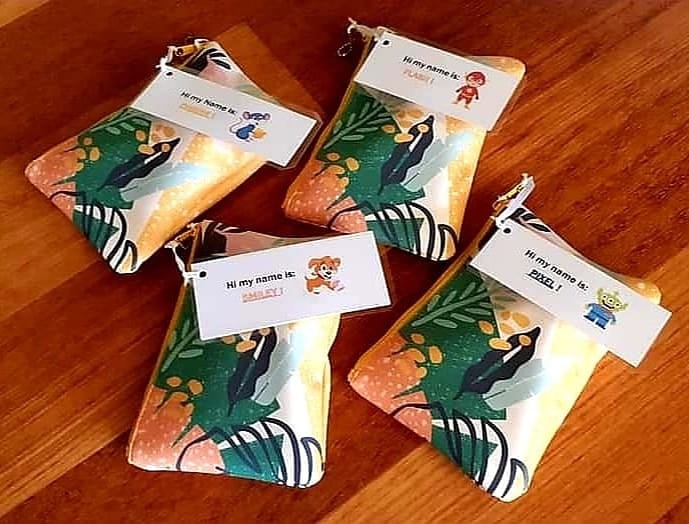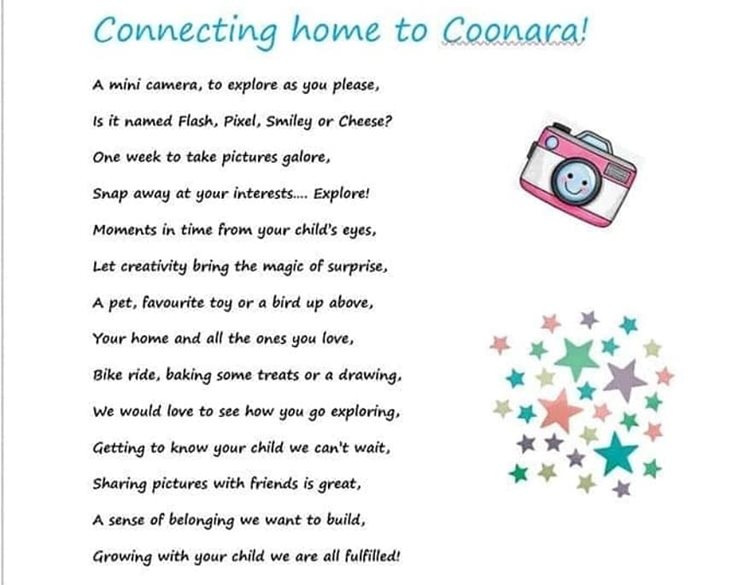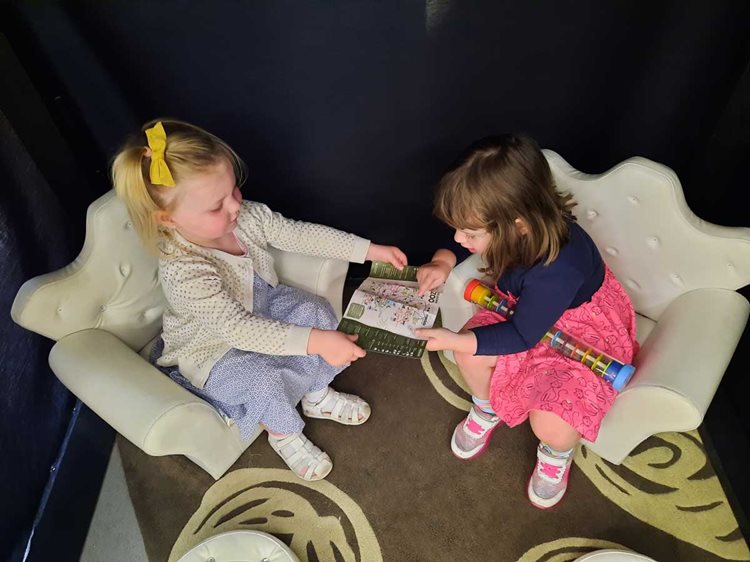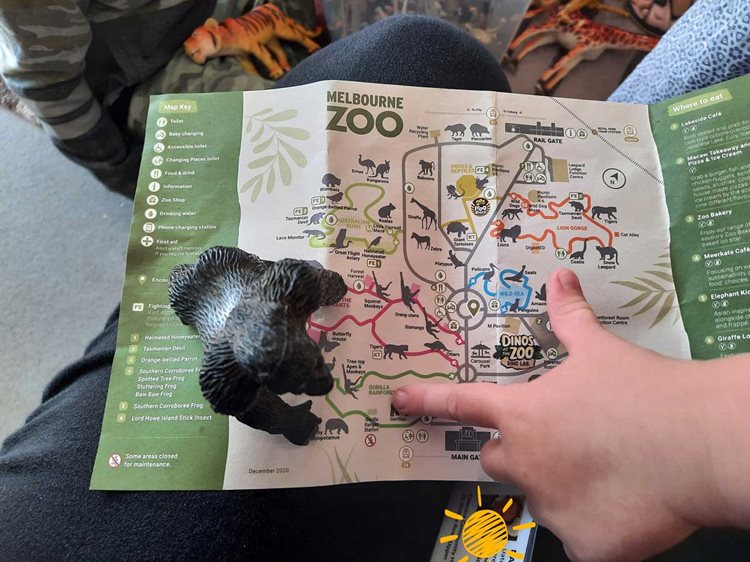Coonara Early Learning Centre is located in the foothills of the Dandenong Ranges in Upper Ferntree Gully, Melbourne. We are situated at Coonara Community House, a not for profit organisation that offers a safe, supportive and friendly environment with services such as community lunches, gardening and bee club, community shed, accredited courses, a variety of recreational classes and lots more!
We are a tight knit community and our families enjoy a play based learning environment that focuses on implementing indoor and outdoor nature play.
During COVID-19 outbreaks our service was challenged with closures and strict mandatory regulations. Being an ECEC training organisation we are proud to represent best practice and were fortunate enough to have a team that could quickly adapt to online learning for our families. We offered weekly Zoom sessions that followed on from the children’s interests. It was interactive and fast paced to keep the children’s interest at their fullest! We were amazed at the children’s resilience to adapt to this new kind of learning environment and I was proud of my team's ability to shift so easily to a new platform.
We also stayed connected to our families by sending video recordings of familiar stories, songs, craft, cooking and games with each educator choosing a different topic each week. This certainly helped strengthen our relationships with families and made transition back to Coonara an easier process when the time came. After reflecting on the need to rebuild our connections, we came up with the idea of the take home camera project.
Facilitating greater connection with children and families and empowering children to become effective communicators
Seeing the world through the children's eyes and creating a sense of belonging is paramount to building confidence, resilience and trust.
Our take home camera project was initiated with the need to connect more with our children and families and to help us learn more about their home, interests, occupations, culture and traditions. We wanted to empower the children with their own camera to be able to share their home and family with their peers and educators. We wanted to see the world through their eyes.
We felt the more that we could learn about the family unit, the stronger our relationship and connection could become. Building a trusted relationship brings about a sense of belonging to our service and the community as a whole and opens up a whole new confidence for the child to learn.
Our project involved purchasing four child-sized cameras that were durable and easy to use. The cameras were very cost effective at around $20 per camera and included a 32mg SD card. Using a zipped pouch each camera was placed inside with instructions and a poem with our vision. The USB charger was cable tied to the zip so that it wouldn’t be lost.


Each week a different child was able to take the camera home and keep it for one week to explore taking photos of outings, their home, pets, family and anything that inspired them!
Parents were instructed to delete any unwanted photos, to gain permission of all those photographed, and to save any photos they wanted to keep before returning the camera. Once returned, the SD card was placed into our photo slideshow frame and put on display for the children to show throughout the session. Once the session had ended the photos were deleted and the next child received the camera.
New responsibilities
Our children took their new found responsibility as photographer very seriously and so did we! Each child was presented the camera during our group mat time which initiated wonderful conversations about what their plans were. So already we were learning more about what they were doing outside of Coonara. It also encouraged conversations with parents/caregivers upon pick up time.
On return of the camera the children were extremely excited to share their photos and the pride they displayed was incredible. Friendships and conversations were formed during this time. Extensions of play were experienced. One girl had been to the zoo and in her camera pouch she had packed her zoo map. This lead to an amazing journey of getting our wild animals out and comparing them to the map, a hide and seek game and even some songs about the zoo at mat time. This was all information that we may not have heard about otherwise.


Our families were thrilled about the interactive learning that was happening. The feedback received was overwhelmingly positive. Families relaxed as the week went on and learnt to just let their child take the lead and that meant a great spectrum of images, some which were fuzzy or too close, but all were a personal achievement for the child.
Our cameras have been in use for the year and the whole process for the most part went smoothly. We did have one camera go missing which we replaced and one charger came loose and was lost. This was to be expected. On the odd occasion families would forget to bring their camera back. This just meant that we skipped one week.
Responsibility, ownership, connections and pride have been the biggest outcomes. We will definitely continue the project next year. It has been a huge success in creating a further connection between families and our service, as well as helping children to express ideas and become confident communicators.
For anyone wanting to purchase these cameras, just search ‘kids cameras’ on Ebay and they will come up. Each camera holds a 32gb SD card and is easy to use. I used a cable tie to attach the charger and instructions to the pouch.
Further reading:
ECA’s The Spoke lists the following five ways that services can encourage belonging and inclusion:
- Make the surroundings welcoming for all children and families: Think about how your service looks and whether it reflects the culture and interests of the children and families that attend. Take time to develop positive relationships. Be aware of different needs and cater for them wherever possible.
- Support children’s social and emotional skills: Create fun opportunities for social interactions and social play between children that promote respect and empathy. Encourage staff to join in, as modelling social skills helps children learn about them.
- Implement safety, wellbeing and behaviour policies: Develop policies in collaboration with families. Involve families, children and staff in decisions that affect them.
- Help families connect: Provide activities for families to connect with the service and each other. One idea is to set up a ‘buddy system’ to provide support to new families. Supply information about support available in the local community.
- Communicate clearly and regularly: Provide information in appropriate languages and in ways that cater to individual needs. Share ideas, resources and experiences with other staff members.
Picture This: Using Photography as a Learning Tool in Early Childhood Classrooms - By Julia Burns and Barbara Wasik
Building partnerships with families by ACECQA
About Mandy
Mandy Limb is the room leader at Coonara Early Learning Centre. She has been an educator for nearly 10 years. She currently runs the occasional care program with a dedicated and passionate team, and is also a trainer and assessor.
Mandy has been instrumental in creating the annual ‘New Ideas’ Expo at Coonara in which over 500 local educators attended to be inspired by play based learning. Mandy believes that she is extremely fortunate to be placed in such an important and rewarding position.